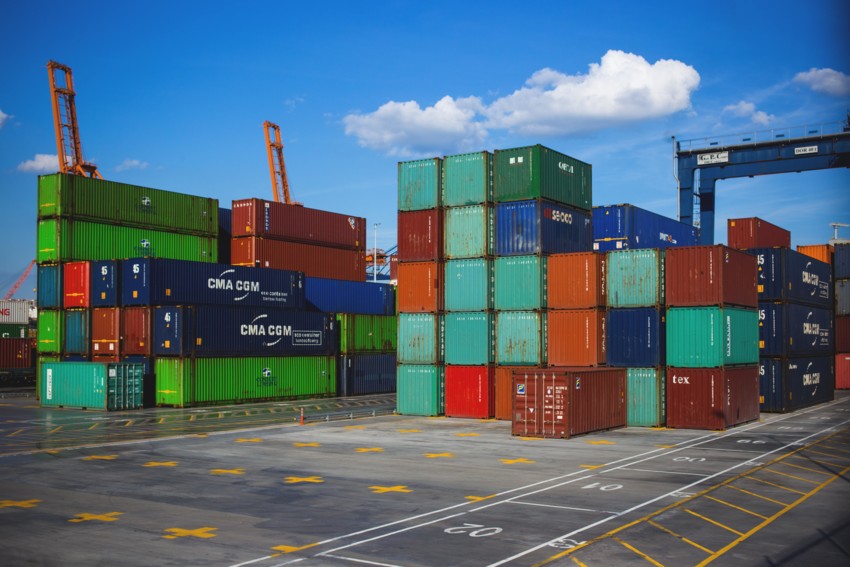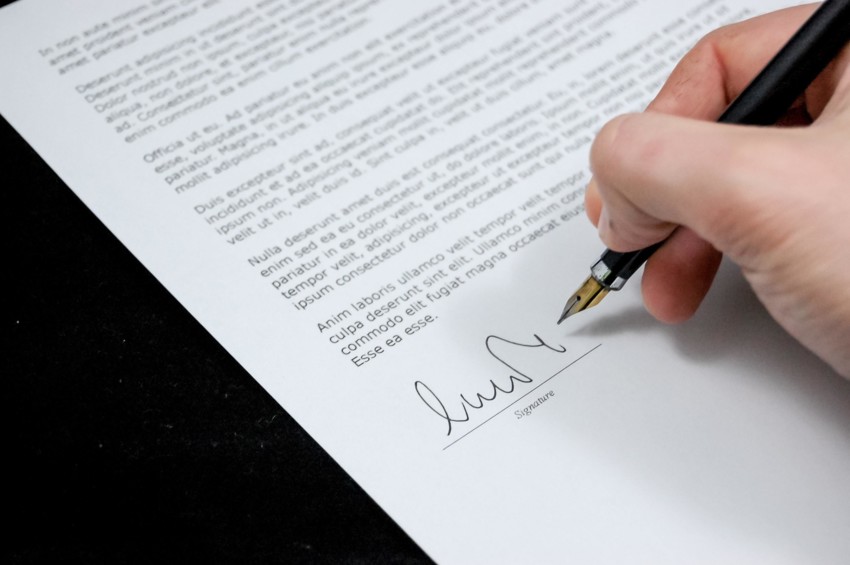What does the 2020 Budget mean for VAT?

posted 12th March 2020
Unusually VAT hit the headlines in the Budget this year, in the form of some good news on the abolition of the tampon tax and the zero rating of e-publications. In most other ways, VAT in the Budget was quite uneventful (as is often the case!). However, from reading the fine print, the Budget is interesting in that it gives some hints as to how the government may use its post-Brexit flexibility once not bound by EU VAT law.
Less than 10 months until the end of the Brexit transition period, we still have no clear idea of how our VAT system may be affected. Many businesses of course need to plan for 2021 onwards, and this has been tricky with some fearing whether VAT may face an overhaul. Over the past few years HMRC have reassuringly continued to suggest that they are not planning any huge VAT makeover, and that they are unlikely to change anything unless it is necessary (e.g. EU cross border goods rules) or beneficial (e.g. tampon tax). The Budget seems to reinforce this with the types of policies and consultations introduced. There were some interesting comments in the red book that the UK is planning to make the most of leaving the EU by making our VAT system more “business friendly”. Lets hope this is one promise that will be kept!
Below are the key "VAT highlights" from the red book.

Zero rating for e-publications and womens sanitary products (aka abolision of the “tampon tax”)
E-publications will be zero-rated from 1 December 2020, and women’s sanitary products will be zero rated from 1 January 2021, with the tax breaks expected to be passed onto consumers.
It may seem to some a bit strange that these products were ever taxed at all. After all, VAT is a tax on luxury goods and services, and it would be a sad world if we saw either of the above as luxury items. However, on joining the EU in 1973, the UK could not then choose to apply the zero rate to products which were not already zero rated. E-books didn’t exist back then, and, well, who knows the rationale behind purchase tax on sanitary products. Anyway, an EU ruling in 2018 permitted EU countries to zero rate e-books in line with their physical counterparts. The UK didn’t adopt this until the case of News Corp UK & Ireland Ltd “forced their hand” when the judge ruled that there was very little difference between e-books and normal books. With sanitary products, the EU still does not permit zero rating. However, as of 1 January 2021, we will be free to legislate as we see fit (provided, of course, that the transition period does end on 31 December 2020). I only hope that once the government loses this stream of tax revenue, it continues to donate funds to period poverty as it has been doing.

Postponed import VAT accounting
At present, most imports from non-EU locations are subject to VAT at port (or shortly after via deferment rules). This VAT can’t be recovered on the VAT return until HMRC send through a C79 certificate (the equivalent of an invoice from HMRC) and this can often take many months. Postponed accounting means that, instead, the importer pays VAT on its VAT return via Box 2 (the same Box currently used for imports or “acquisitions” from the EU). The VAT is still recovered in Box 4.
Delaying payment of import VAT until the VAT return due date will help businesses with cash flow, and will be welcome as it will apply for imports regardless of whether they come from the EU or non EU. This will however bring up the question of VAT fraud (at present, VAT on goods arriving from the EU is accounted for in this way but we have the extra security of EC Sales Lists).As such, we may prepare to see some similar form of documentation in the future.

EU simplification for call off stock
This was one of the four EU “quick fixes” introduced for the the simplification of cross border trade in goods on 1 January 2020. Typically where goods are sold B2B and moved between EU countries, the supply is zero rated in the country of origin, and the party who owns the goods on arrival at the destination must account for VAT in that country. For call off stock arrangements, when the goods cross the border, they are still owned by the original supplier even though they may be located at the customer’s property (they only legally move into the ownership of the customer when “called off” at a later date). This means that the supplier is required to register at destination and self-account for VAT there. The simplification here allows for the customer instead to self account for VAT on the purchase under the “acquisition VAT” style accounting. This legislation applies retrospectively from 1 January 2020.
This is an EU measure only and does not apply for stocks entering the EU from third countries. As such, this may only be a very short term quick fix, in that upon the end of the transitional period (expected to be 31 December 2020) this may no longer apply for UK businesses. In their commentary, it is interesting that HMRC have said “The position after the transition period will be determined by the outcome of negotiations on our Future Economic partnership with the EU.” This gives an indication that the UK is hoping to have a close trading relationship with the EU (although I would still expect a full Customs Union very unlikely).

Consultations introduced across many areas
The Budget announced several VAT consultations across different industries in what looks in part like a response to some of the flexibility Brexit will give the UK. The consultations include reviews on the VAT treatment of fund management and other financial services, the simplification of partial exemption and Capital Goods Scheme rules, long term policies on cross border supplies of goods and VAT and duty paid by passengers, and the general future of Making Tax Digital.
These will all be welcomed areas of clarification and simplification, and i hope that the outcomes of these consultations are delivered timely, and are not “lost in the post” as can sometimes happen!

...And a word on Coronavirus
It is difficult to ignore the effect of Coronavirus in the Budget. Although there was nothing in relation to VAT and the Coronavirus in the Budget, the pandemic will inevitably see many cancellations for businesses.
As announced in last year's Budget. HMRC's current view on cancellation income is that it remains inside the scope of VAT and taxable at the rate of the good or service cancelled. I don't entirely agree with this, as I've been vocal about in other blogs before(!) however this is the current position.
One exception to this is for businesses using TOMS and accounting for VAT based on the departure date of travel. As the travel never "departs" (or takes place), cancellation income does not form part of TOMS turnover here.
My thoughts are with all of those affected personally and commercially by the Coronavirus


